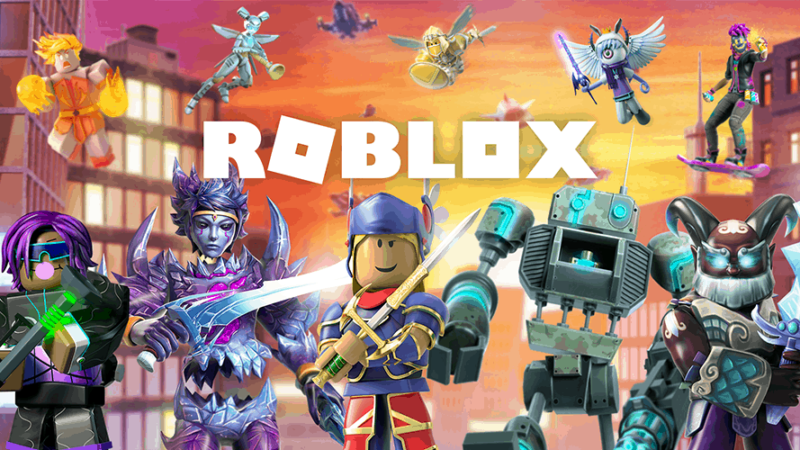The 10 Most Common Web Developer Types

How many developers do you know in your life? If you work with a group of them, you may notice that they have particular quirks or personalities that are easily grouped together. And that is what I am going to do with this article, categorize web developers based on their personality or their way of being . As you know, developers have their own preferences and very different work styles – even if they have the same job title. We are going to take a look at the 10 most common types of web developer that you can find in a job. Let’s see if you are able to detect, or yourself, or one of the colleagues with whom you usually develop. We have divided this article into two parts so that it does not become too extensive:
the purists
Purists, by definition, are people who feel a special affection for traditional norms, for lifelong things, for things that are made based on effort and perseverance. Surely you know more than one purist, they are precisely those types of developers who are not very interested in the use of frameworks and libraries . They don’t see any problem in using pure language and traditional ways of programming; in fact, they get upset when, in other projects, they run into a framework or a library to carry out some function. If they use a library at all, it should be implemented by themselves.
Be careful, this does not mean that they do not know how to use frameworks or know any library. When they ask you why you betray your principles in such a way? They almost always respond with the typical phrase – let’s see who’s the handsome guy who doesn’t put on his resume that he has experience in jQuery. No matter how many times you tell them that using third-party developments would optimize times, they are closed-minded.
the doers
Although they could also be called the machines. That everyone has to do their job is one thing for sure, but for doers, their list of priorities starts with the job done. You can bet they have the latest and fastest frameworks, libraries, and established workflows . They have pre-made modules for other modules (modulinception hehe), all sorted for quick use in your projects.
Doers dwell in start-ups implementing tools to improve team output. A telltale sign that you’re dealing with a typical maker is the use of a task runner like grunt or gulp.
polyglots
Polyglots are those who know and use several programming languages; some languages you know are incompatible and others are simply outdated. That said, as you all know, working in web development it is impossible to depend on a single programming language; there’s no escaping that fate, even if you’re a backend developer. So only when you know at least 4.5 programming languages, you can presume that you are a polyglot.
Most polyglots are polyglots because of their work situation and not by choice. Not all companies get to have separate frontend developers from designers, or frontend developers from backends . They are multipurpose programmers, so to speak. In any case, these specimens always approach a new language with much more confidence than any other and learn very quickly. No, don’t be impressed by their ability to learn yet, since, as almost always happens, with few honorable exceptions, polyglots know many languages, but they don’t become experts in any of them.
perfectionists
What comes to mind when I say perfectionist programmer? Well no, I’m not referring to those who claim to write perfectly without errors in the code. The true perfectionists are those who go beyond coding . I mean, they are the ones who comment their code, pay attention to the name of their variables and create the documentation of their projects aka the dirty work (among other things).
Let’s face it, when was the last time you saw a detailed commentary or wrote a manual for the software you developed? It will probably be a long time ago, unless you’re another one of those perfectionists. They are a rare bird in my opinion. Most developers don’t pay attention to documentation (although you know that documentation is really important).
the artistic
In terms of web development, let’s say your native language is CSS. Forms, colors, animations, filters and all that visual matter for them is the most. Do you want to know where they live? Take a walk around Codepen and you will find its natural habitat.
They are not designers, or maybe they are, but at the employment level they are developers . They express their art with code instead of design programs like Adobe Illustrator or After Effects. Pairing it with a designer is like buttering bread, a smooth and delicious combination.
And so far the first part of the 10 most common types of web developer. Soon you will have the second part, in which we will break down the other 5 types of developer remaining. Greetings and happy code!






